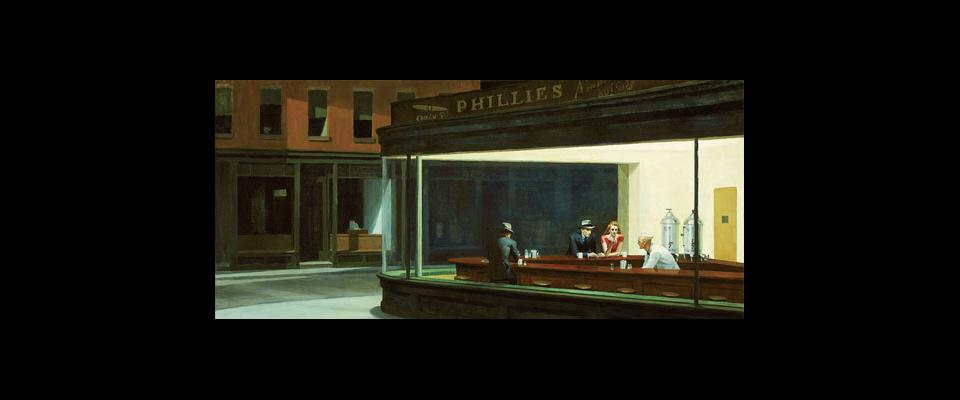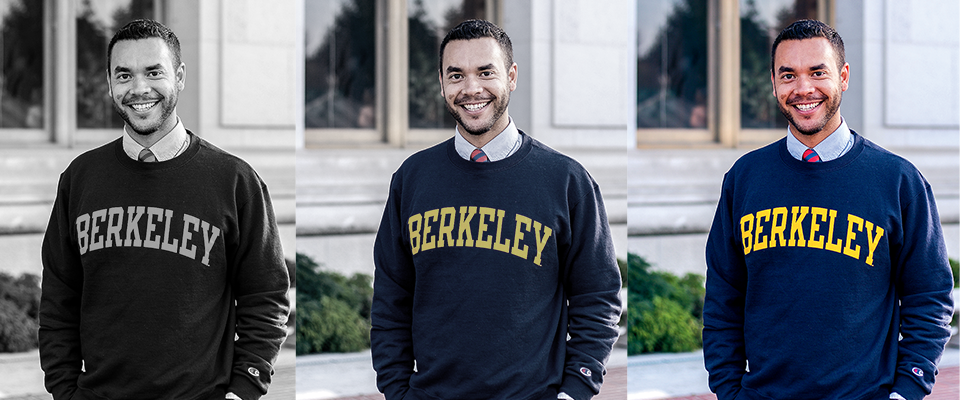The primal “fight or flight” response ensured the survival of our earliest ancestors, but for today’s socially anxious folks, it may do more harm than good. A new study by assistant professor of psychology Özlem Ayduk and graduate student Anett Gyurak finds that people with low self-esteem have a stronger than normal reaction to rejection, which triggers the adrenalin-pumping “fight” or “flee” response.
The test subjects were shown emotionally charged paintings while being subjected to sporadic loud noises; a startle-probe measured their responsive eye-blinks. They were also asked to fill out the Rosenberg 10-item questionnaire—the standard scale used to determine low and high self-esteem. All participants blinked more strongly when shown negative images such as dead animals and mutilated bodies, but those with low self-esteem blinked most forcefully when faced with rejection themes, such as the isolated figures in Edward Hopper’s paintings.
The study also found that low self-esteemers who scored high on their ability to concentrate toned down their knee-jerk reactions to perceived threats over time. This indicates that developing one’s focus may reduce hypersensitivity to rejection and disapproval cues.




















